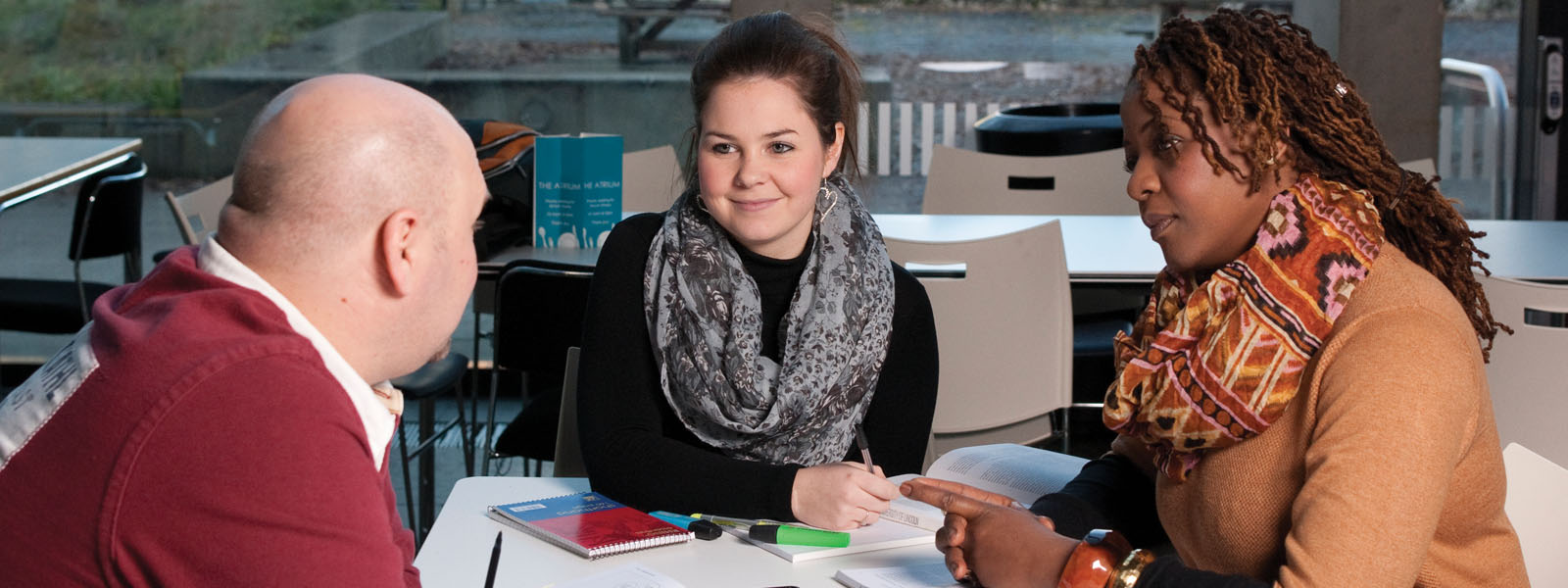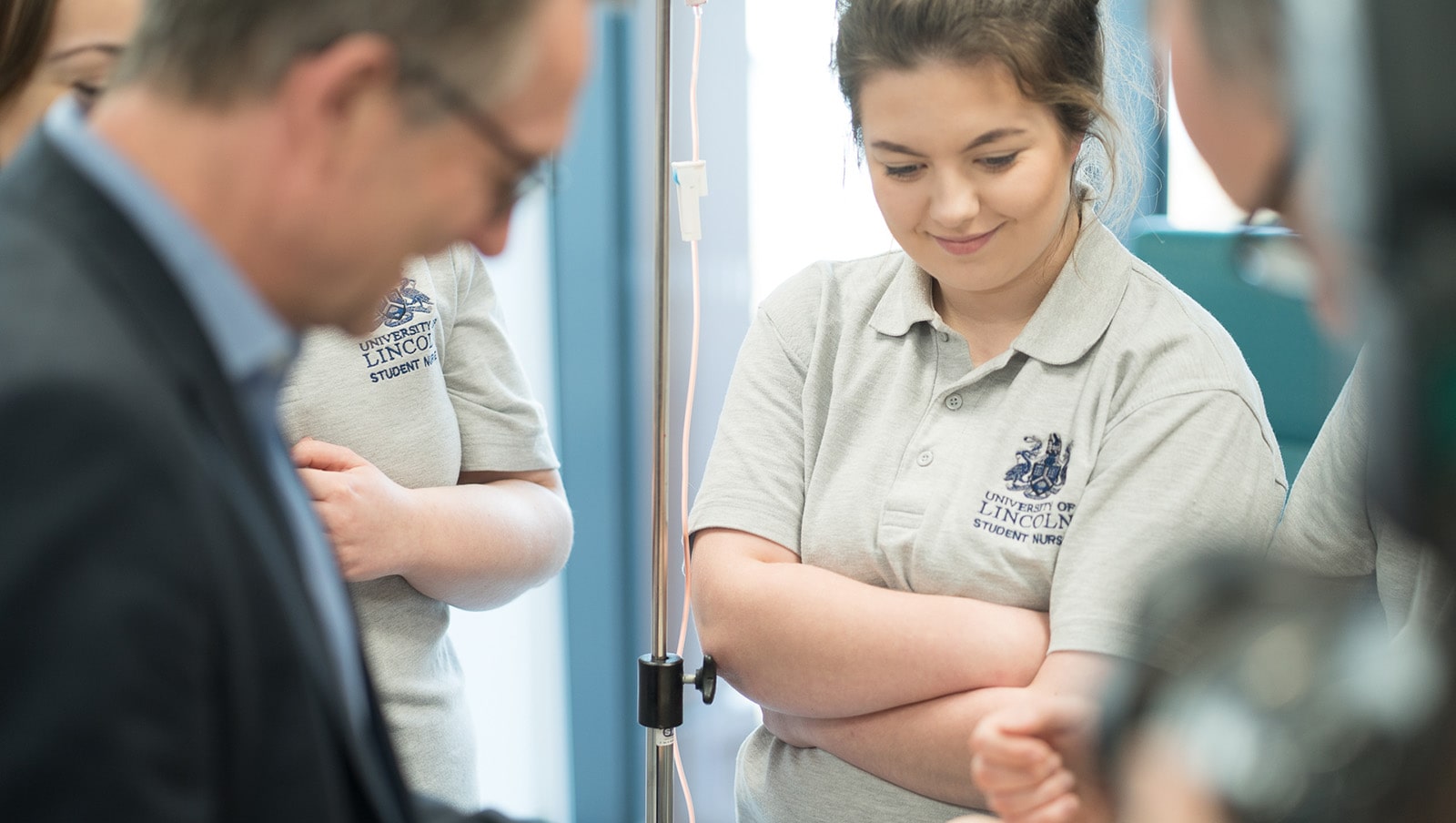Entry Requirements
- A minimum upper second class honours degree in a related subject or registered professional qualification.
- Must be currently practising in a health, social work, or social care environment, or School/Faculty in a higher education institution.
If you have studied outside of the UK, and are unsure whether your qualification meets the above requirements, please visit our country pages for information on equivalent qualifications.
https://www.lincoln.ac.uk/studywithus/internationalstudents/entryrequirementsandyourcountry/
Overseas students will be required to demonstrate English language proficiency equivalent to IELTS 7.0 overall, with a minimum of 6.5 in each element. For information regarding other English language qualifications we accept, please visit the English Requirements page: https://www.lincoln.ac.uk/studywithus/internationalstudents/englishlanguagerequirementsandsupport/englishlanguagerequirements/
For further advice on IELTS and the support available, please contact the International College by email at internationalcollege@lincoln.ac.uk.









